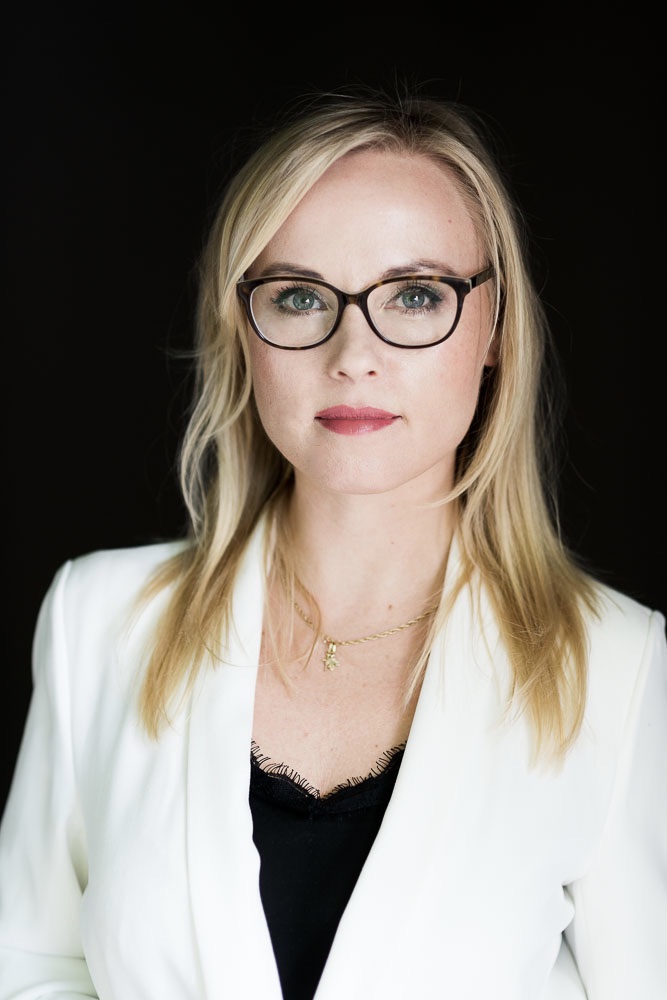Despite the introduction of various doctrinal innovations, the EU did not force Hungary and Poland to comply with its core values. One of the reasons behind it is that the functioning of Viktor Orban’s and Jaroslaw Kaczynski’s regimes are not primarily determined by formal (legal) norms. Hungary and Poland are textbook cases of informal power with which the government skews the playing field in three main domains: clientelist corruption, media capture, and electoral clientelism. These informal exchanges have a negative impact on the quality of democracy and the quality of governance. To better understand the nature of democratic deterioration, this project outlines a research with three main objectives. It maps the linkages between democratic backsliding and informal power in hybrid authoritarian regimes in the EU. It connects academic and policy stakeholders in Hungary to advance their understanding of the interplay between informal power and democratic backsliding in Poland and Hungary. The aim of this collaboration is to provide actionable solutions through tailor-made recommendations for key stakeholders. These strategies will combat the instrumental exploitation of informal power during and in between elections. My project will use holistic communication and impact-oriented dissemination to have a broader outreach.
Thu 20 Apr 2023 | 15:00–16:00
Informal Exercise of Power in Hybrid Regimes: Undermining Democracy beneath the Radar of the EU
Fellow Talk by Edit Zgut-Przybylska (Polish Academy of Sciences), chaired by Barbara Grabowska-Moroz (Central European University & University of Wrocław)

Edit Zgut-Przybylska is a political scientist and a doctoral researcher in the Institute of Philosophy and Sociology at the Polish Academy of Sciences (IFIS PAN). She is a re:constitution fellow 2022/2023 and an analyst at Visegrad Insight. She also held a Rethink.CEE fellowship at the German Marshall Fund of the US and served as a guest lecturer at various institutes, including the University of Warsaw. She is a PhD candidate at the Graduate School for Social Sciences in IFIS. Her main field of research is informal power in the context of Hungarian and Polish democratic backsliding. Edit is the vice-president of Amnesty International Hungary. She provides risk analysis for consultancy on rule of law, corruption and party politics in Poland and Hungary. She frequently appears in the international media as a commentator. Her articles and interviews appeared among others in Politico Europe, EUobserver, The New York Times, and the Financial Times. She previously worked at Political Capital Institute in Budapest. Prior to that, she was a journalist at various media outlets in Hungary. She earned her M.A. in political science from the ELTE and graduated as a journalist at Bálint György Journalism Academy.



